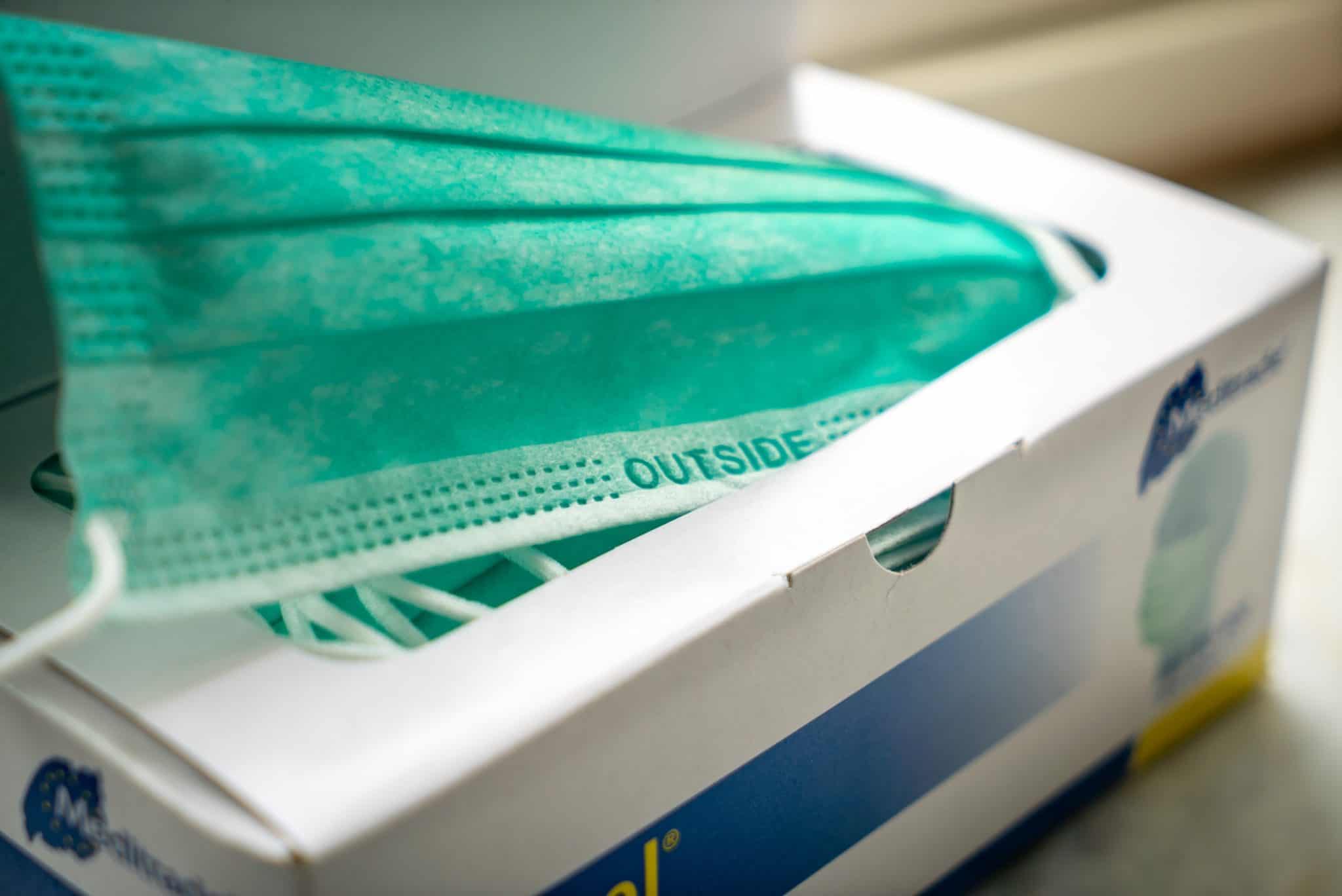Deanna Krokos is a student at Harvard Law School
ProPublica released a groundbreaking investigation tracing a new chapter of COVID-19-realted “enhanced unemployment” benefits: clawbacks. Several states are pursuing repayment of benefits disbursed under the federal “Pandemic Unemployment Assistance” (“PUA”) program, that aimed to provide unemployment funds to workers traditionally ineligible for state unemployment insurance. Now, states are auditing their program distribution and determining that as many as 1 in 5 PUA recipients were erroneously “overpaid.”
Though the state-administered PUA application processes themselves were marked with technological errors, which the DOL determined increases inaccuracies, all of the consequences seem to fall on workers. Workers waited weeks and months for their first check, as state systems were overrun, and now are expected to repay a lump-sum to correct an error that was nothing if not to be expected. The clawback requests are not trivial; states are requesting thousands of dollars, terming it a form of “debt” and threatening various collections practices. Of course, the entire purpose of these funds was to support workers and families in meeting monthly expenses, i.e. to be spent. Further, the payments are credited from an economic perspective with stimulating the economy, promoting consumer spending to support those essential, front-line jobs that did remain. Now, states are asking the same individuals who were specifically instructed to spend this money during a crisis, to quickly return it as though it were a bonus or a perk.
PUA’s originating legislation specifically forbids states from waiving overpayments, requiring these clawback attempts. House Democrats have challenged this, offering a revision in the HEROES Act, though many are losing hope that the bill will pass.
The New York Times reported on one troubling difference between the current COVID-19 “spike” and the initial wave this spring: front-line and essential workers are much less likely to receive hazard pay. Retail workers continue to risk their health to perform essential, in-person labor, but companies have not continued to acknowledge those risks through bonuses or wage increases. NYT ties this phenomenon to labor market forces; as enhanced unemployment benefits lapsed, workers are pressured to accept work even in unsafe conditions and without wage premia.






Daily News & Commentary
Start your day with our roundup of the latest labor developments. See all
April 25
FTC bans noncompete agreements; DOL increases overtime pay eligibility; and Labor Caucus urges JetBlue remain neutral to unionization efforts.
April 24
Workers in Montreal organize the first Amazon warehouse union in Canada and Fordham Graduate Student Workers reach a tentative agreement with the university.
April 23
Supreme Court hears cases about 10(j) injunctions and forced arbitration; workers increasingly strike before earning first union contract
April 22
DOL and EEOC beat the buzzer; Striking journalists get big NLRB news
April 21
Historic unionization at Volkswagen's Chattanooga plant; DOL cracks down on child labor; NY passes tax credit for journalists' salaries.
April 19
Alabama and Louisiana advance anti-worker legislation; Mercedes workers in Alabama set election date; VW Chattanooga election concludes today.